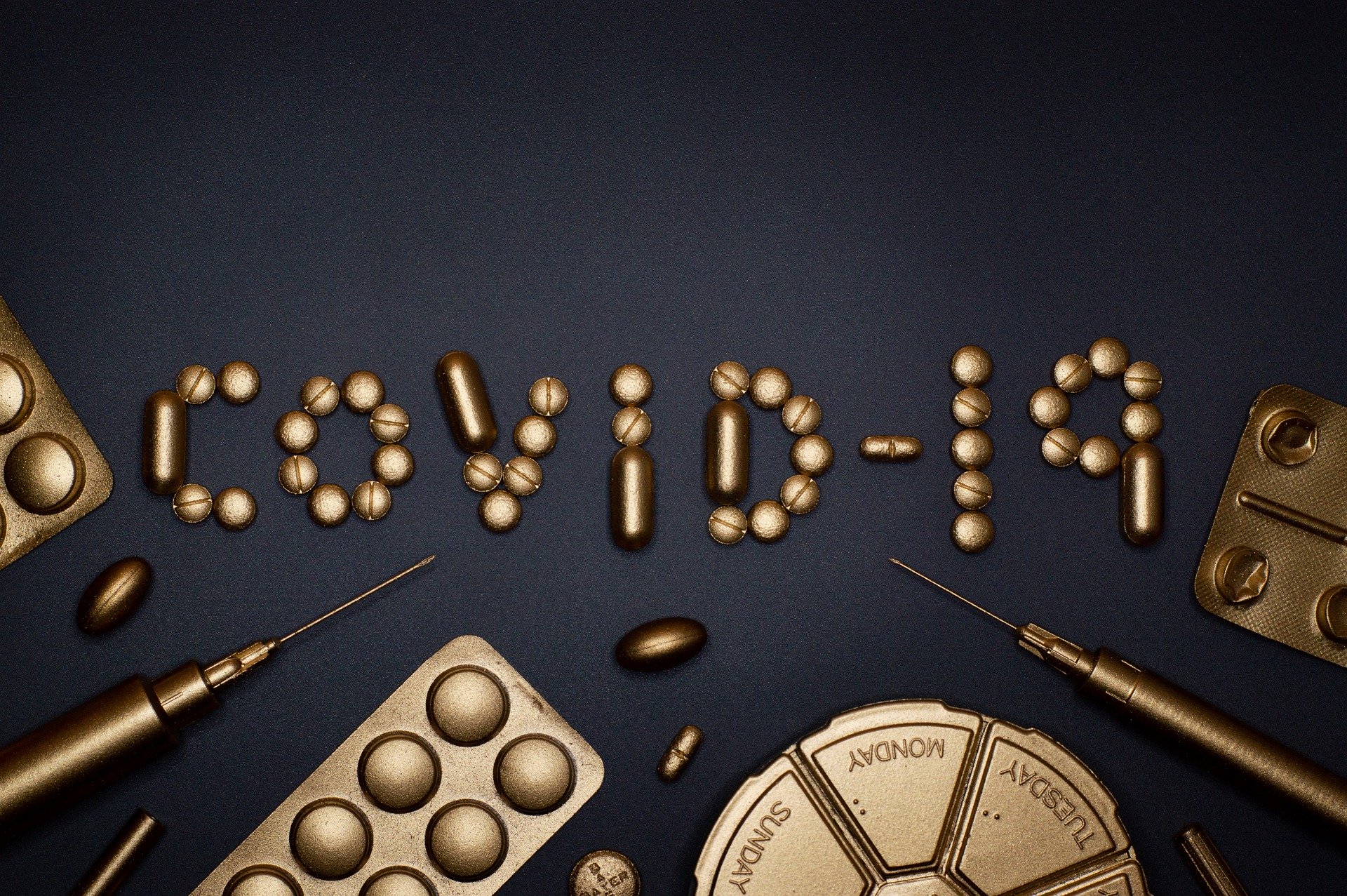Coronavirus and organ donation would not appear to fit together all that well, but Laura Richardson’s latest article answers the key question:
Can you still be an organ donor?
The law on organ donation varies across the UK however, under current laws in England organ donation can only take place with consent. Consent can be given in two ways; either the deceased was registered as an organ donor, or if the deceased was not registered, then the deceased’s next of kin can consent to organ donation on the deceased’s behalf.
Organ donation is only viable in around 1% of deaths, usually when a patient has died in a hospital intensive care unit. Therefore, with the number of COVID-19 deaths increasing it is possible that this percentage could potentially rise as more people die within intensive care departments across England.
Whilst there has been no official answer yet released, there are some important considerations that most likely mean that organ donation may not be viable in this circumstance:
Firstly, anyone who receives an organ donation needs to be treated with immunosuppressant medication to help their body accept the transplant. Conversely, though this means that their immune system may not be able to fight off any transferred infections, such as Coronavirus. Whilst it is not currently known whether the virus could transfer via a transplant, organ donations are unlikely to be approved from patients who died whilst infected with COVID-19.
Secondly, there is a higher risk of catching Coronavirus within a hospital environment, which could mean that many transplants are delayed during the pandemic in order to protect vulnerable patients from this risk.
Should medical knowledge of Coronavirus increase to the point that those who die whilst infected could be considered to be organ donors it is important to note that as of 20th May 2020 the law surrounding organ donation is changing in England. From this date, “Max and Keira’s Law” will come into effect in England meaning that all qualifying residents of England will automatically be assumed to consent to being an organ donor after their death. There are some notable exceptions to the scheme. Firstly the scheme is only applicable to residents over the age of 18 who have the necessary mental capacity to fully understand the scheme. Those who have resided in England for less than 12 months or those who were not permanent residents of England when they die are also exempt from the law change. Beyond 20th May 2020, if you do NOT wish to donate your organs after you die then you must register your decision with the NHS in order to officially “opt-out” of the scheme. Simply telling your loved ones that you do not wish to be a donor is not sufficient. The NHS is urging people to discuss their decision with their family. However, if you would not be comfortable having this conversation with your loved ones you could always include your wishes within your Will. You could even include an accompanying letter to explain your decision should you feel that your family would be comforted by this.
We at Andrew Douglas Wills & Legal Services are now offering a remote service for all Will writing so that we can continue to offer our expert service to residents of England and Wales, whilst observing social distancing and self- isolation policies. Should you wish to discuss your Will, or any related matters like the issue of Coronavirus and organ donation, we are continuing to offer our free initial consultation during this time. Whether you are self-isolating or observing social distancing, we are happy to discuss options for remote legal services, so why not call today?
If you would like to keep up with our latest posts about aspects of estate planning, then please also –
Follow us on Twitter at https://twitter.com/ADouglasWills.
Follow us on Facebook at https://www.facebook.com/AndrewDouglasWills
and check out the rest of our website at www.andrewdouglaswills.co.uk/home for more information.





